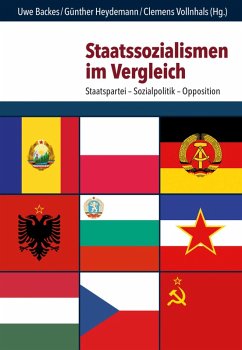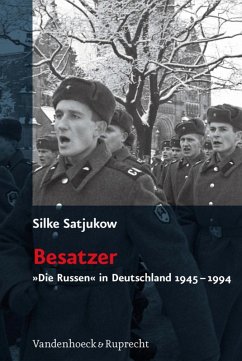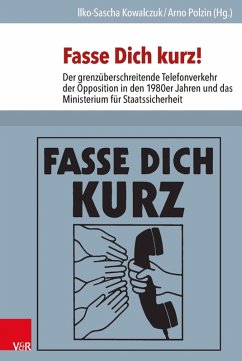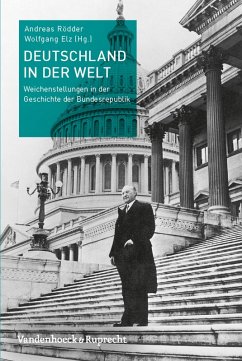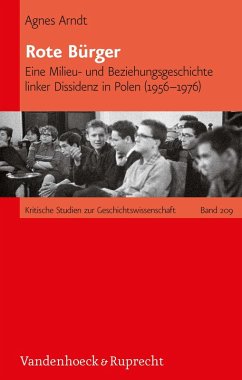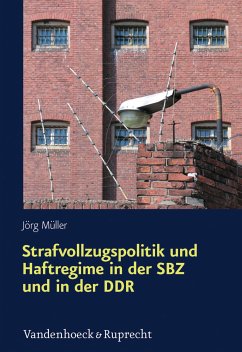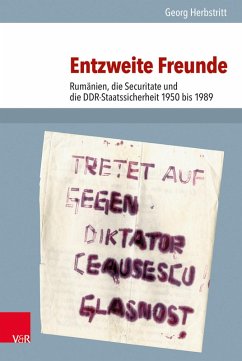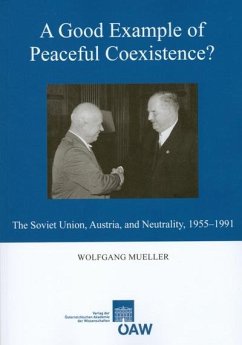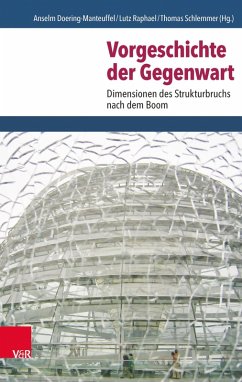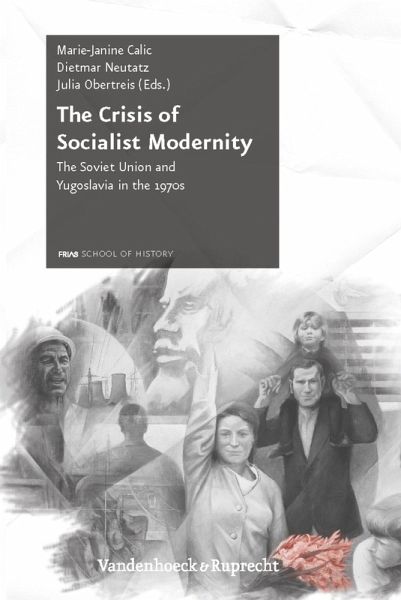
The Crisis of Socialist Modernity (eBook, PDF)
The Soviet Union and Yugoslavia in the 1970s
Redaktion: Calic, Marie-Janine; Obertreis, Julia; Neutatz, Dietmar
Versandkostenfrei!
Sofort per Download lieferbar
Statt: 65,00 €**
60,00 €
inkl. MwSt. und vom Verlag festgesetzt.
**Preis der gedruckten Ausgabe (Gebundenes Buch)
Alle Infos zum eBook verschenkenWeitere Ausgaben:

PAYBACK Punkte
0 °P sammeln!
In the 1970s industry in the West had reached its limits, precipitating a major discussion about how to solve the crisis. But what was going on in Eastern Europe parallel to this development? Were any similar trends being registered? The authors of this volume pursue the answers to these questions by studying the politics, economics, social and cultural movements of that time in the multiethnic countries of Yugoslavia and the Soviet Union. It becomes clear that these two countries were themselves in the midst of a latent crisis resulting from the global developments around them and from their ...
In the 1970s industry in the West had reached its limits, precipitating a major discussion about how to solve the crisis. But what was going on in Eastern Europe parallel to this development? Were any similar trends being registered? The authors of this volume pursue the answers to these questions by studying the politics, economics, social and cultural movements of that time in the multiethnic countries of Yugoslavia and the Soviet Union. It becomes clear that these two countries were themselves in the midst of a latent crisis resulting from the global developments around them and from their own internal conflicts. The symptoms of this crisis were well known in expert circles, but not registered fully by either the political leaders or the citizens at large.
Dieser Download kann aus rechtlichen Gründen nur mit Rechnungsadresse in A, B, BG, CY, CZ, D, DK, EW, E, FIN, F, GR, H, IRL, I, LT, L, LR, M, NL, PL, P, R, S, SLO, SK ausgeliefert werden.





